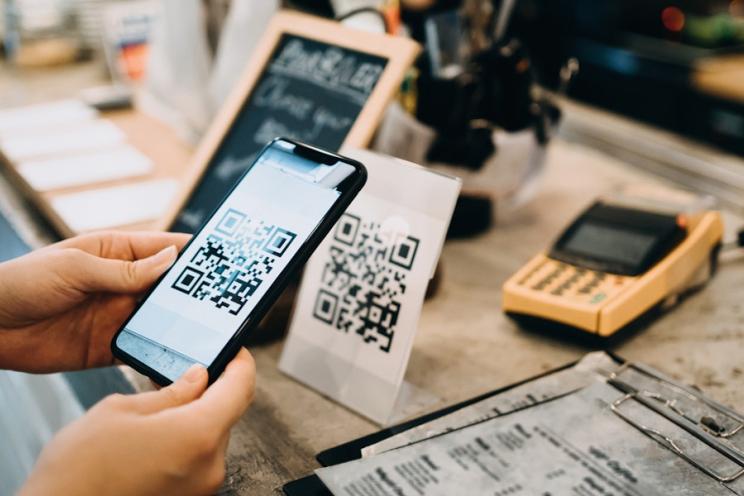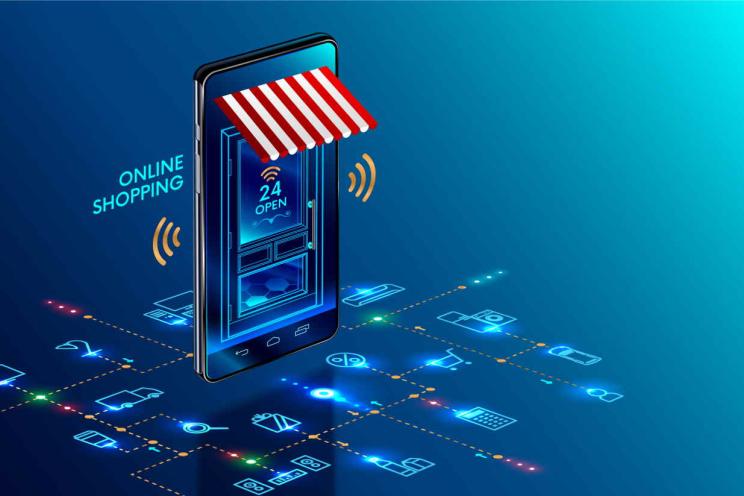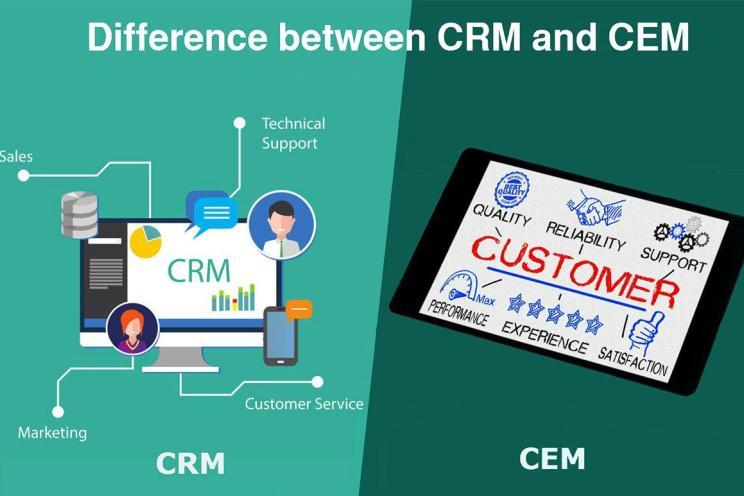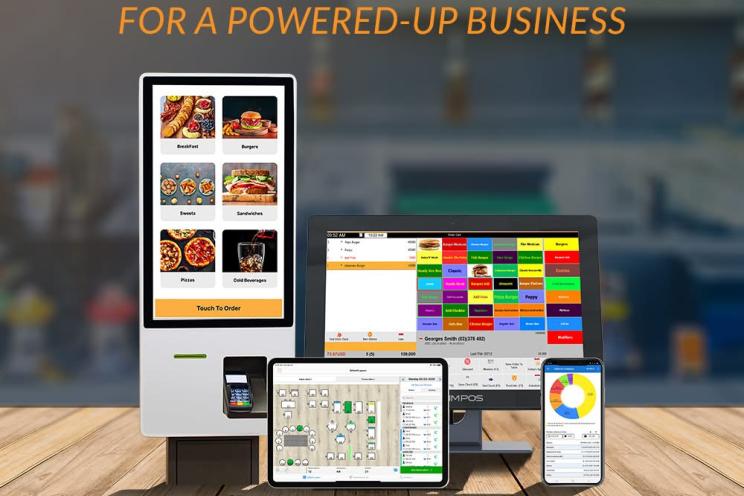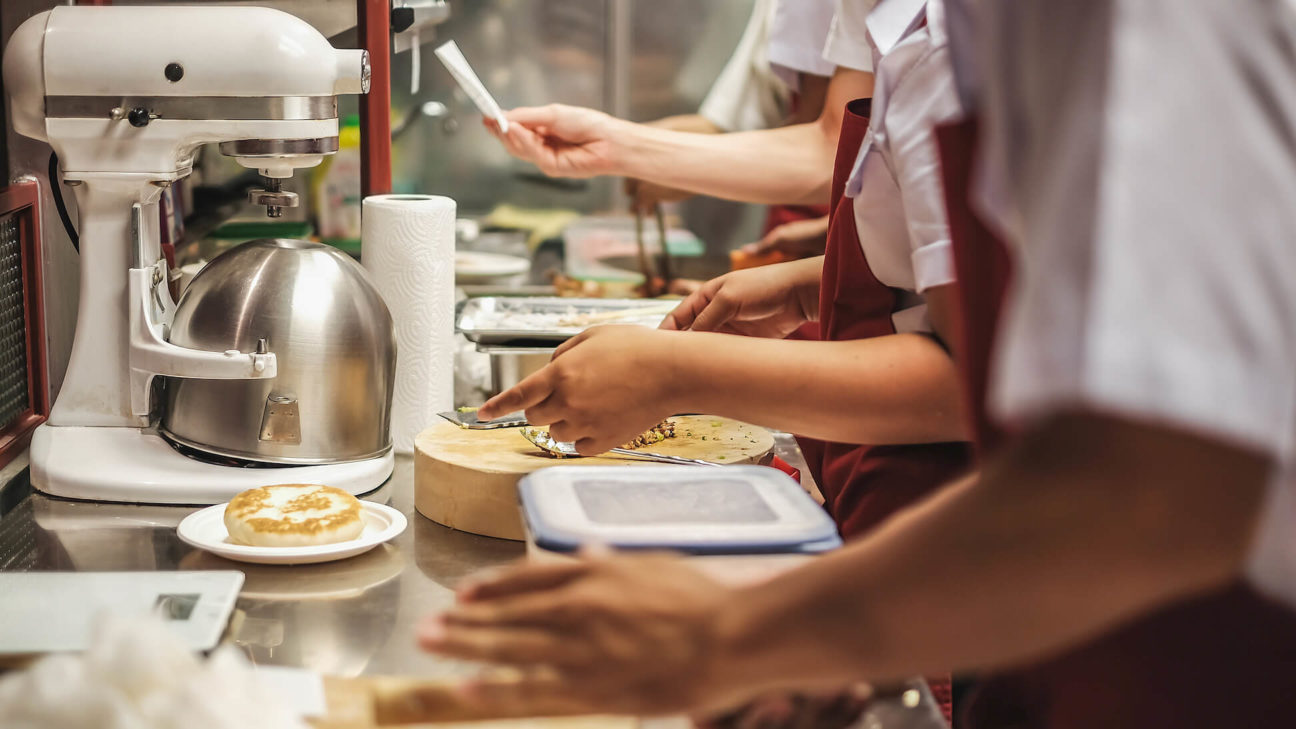
How to choose the best restaurant software for your back-of-house operations?
Behind the scenes, managing the back of the house of your restaurant efficiently is crucial to ensure smooth operations, deliver exceptional dining experiences, and the seamless functioning of your establishment.
Remember that operations put all your effort into offering delicious food and excellent service together to create a successful business.
Back-of-house software can be a game-changer, streamlining various processes such as inventory management, staff scheduling, and recipe management. However, with different options available, choosing the best back-of-house software for your restaurant can be a daunting task.
How to choose the best restaurant software for your back-of-house operations?
Identify Your Specific Needs
Before diving into the various back-of-house software options, take the time to identify your restaurant's unique needs and requirements. Consider factors like:
- Inventory management
- Recipe management
- Food cost analysis
- Kitchen display systems
- Reporting and analytics
These questions will help you identify your specific needs tailored to your concept and size.
- What are your pain points in the back of the house?
- Do you need inventory management, staff scheduling, or both?
- Is recipe management a priority?
- Are you looking for a cloud-based or on-premises solution?
- What is your budget for back-of-house software?
Understand your specific needs so you narrow down your choices and ensure you select software that caters to your restaurant's requirements.
Budget assessment and ROI
Back-of-house software can vary significantly in price, depending on the features and functionalities it offers. It's crucial to establish a realistic budget for your software investment. Consider not only the initial purchase cost but also ongoing subscription fees, support costs, and potential hardware expenses.
Calculate the potential return on investment (ROI) by factoring in how the software can save you time and money in the long run.
User-Friendly Interface
The software should be user-friendly for your staff, especially if your staff members are not tech-savvy. Training employees to use complex software can be time-consuming and counterproductive. Opt for software with an intuitive interface and easy-to-navigate features.
Request a demo or trial version to ensure that your team can easily adapt to it. Many providers offer training and support to help your team get familiar with it quickly.
Integration Capabilities & scalability
Consider how the back-of-house software integrates with other systems you use, such as your point-of-sale (POS) system and the hardware systems you may already have in place. Seamless integration can save time and reduce errors by automating data flows between systems.
Your restaurant may grow over time, so choosing software that can scale with your business is important. Ensure that the software can accommodate additional locations, if applicable.
Inventory management
Inventory management is a critical aspect of restaurant operations. Look for software that can help you track inventory levels, generate automatic and scheduled purchase orders, and reduce waste through effective stock control. Features like real-time tracking and low-stock alerts are beneficial.
Reporting and analytics
Not all software is created equal. Some of them lack the reporting and analytics generation that helps you make insightful decisions. Access to detailed reporting and analytics is crucial for making data-driven decisions. Look for software that provides insights into sales trends, inventory usage, and labor costs. Customizable reports can help you track the KPIs that matter most to your restaurant.
Training, support, and updates
You chose your software provider and you’re all set to go until you need the first technical support outside the regular business hours to discover that they don’t offer such service. Among the most important factors to consider is customer support so you have to think about after-sales services.
Consider the level of training and customer support offered by the software provider. Reliable customer support can be a lifesaver when you encounter issues or need assistance with the software.
You'll want a responsive support team that can assist with any issues or questions that may arise 24/7 especially when it comes to restaurants and the hospitality sector. Additionally, check if the software receives regular updates and improvements to stay current with sector trends.
Mobile access
In the fast-paced restaurant industry, having mobile access to your back-of-house software can be a game-changer. This feature allows your managers and staff to access critical information from anywhere, facilitating better decision-making and communication.
Data Security and Compliance
Restaurant management software deals with sensitive data like customer information and financial records. Ensure that the software you choose adheres to industry-standard security measures and is compliant with data protection regulations.
Research Available Options
Once you've identified your restaurant's needs and budget in every mentioned aspect, it's time to research the available software options. Consider both specialized back-of-house solutions and integrated restaurant management systems. Look for software providers with a good reputation in the sector and check online reviews and recommendations.
Read user reviews, request demos, and compare the features of each software to see how well they align with your restaurant's requirements.
Remember that technology is doing wonders for the hospitality sector with all the innovations that are helping restaurants to serve their guests in a more efficient way saving time and money. Artificial intelligence is enabling automated order-taking and upselling techniques through self-ordering kiosks. In this era, you can’t help but choose a robust POS software to help you with your journey.
Selecting the best back-of-house software for your restaurant is a crucial decision that requires careful consideration so make an informed choice that will streamline your operations and contribute to your restaurant's success. Remember that the right software can help you stay competitive and provide exceptional customer dining experiences.

